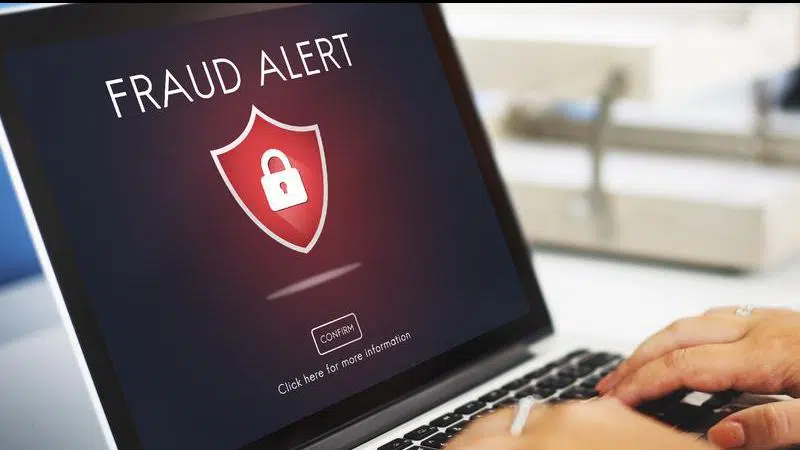
Scammers are using COVID-19 fear to commit fraud
The Canadian Anti-Fraud Centre (CFAC) is raising the alarm on scams involving COVID-19, and asking the public to be vigilant.
Jeff Thomson, a senior RCMP intelligence analyst at CFAC, says the most prevalent COVID-19 related online scams are merchandising and phishing.
Merchandise scams are where fraudsters create fake ads or websites offering face masks, testing kits, or other products that people may be searching for during this public health crisis.
“In one case we saw somebody creating a fake ad, an online classified ad for hand sanitizer.”
